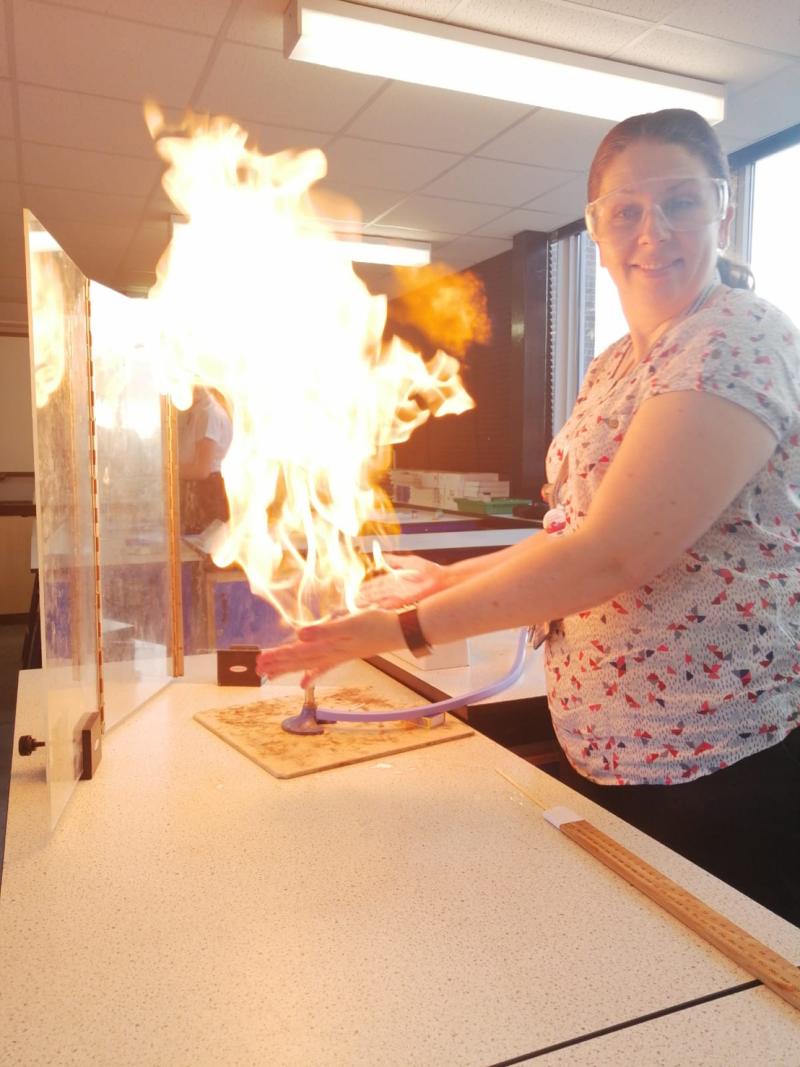
Lockdown is a weird time for us all; but spare a thought for trainee and newly qualified professionals that have been catapulted into their careers at an alarming rate. Teachers are not exempt from this fate and they will be starting their classroom careers without the support that would usually be on offer as lockdown […]
Read more







